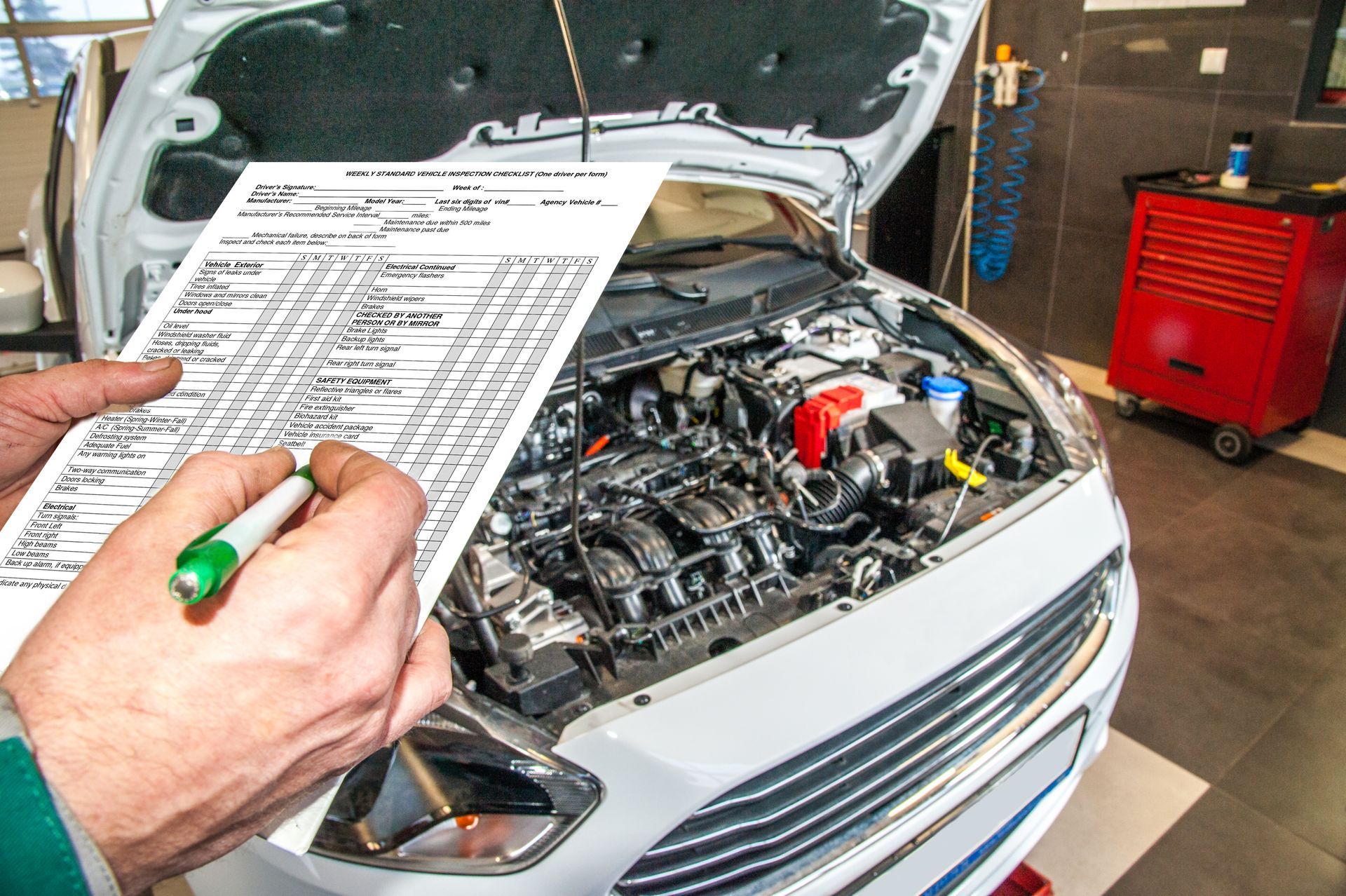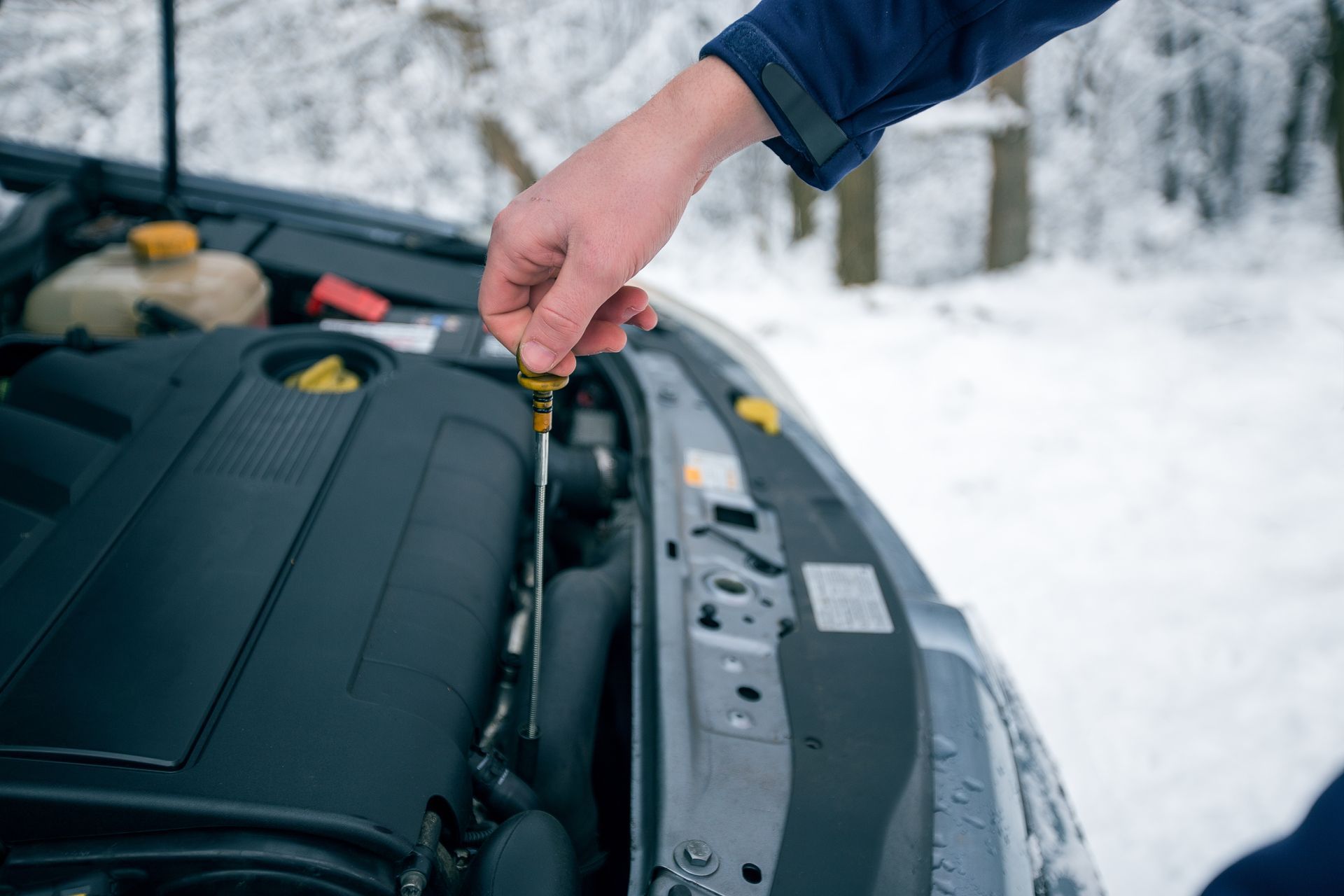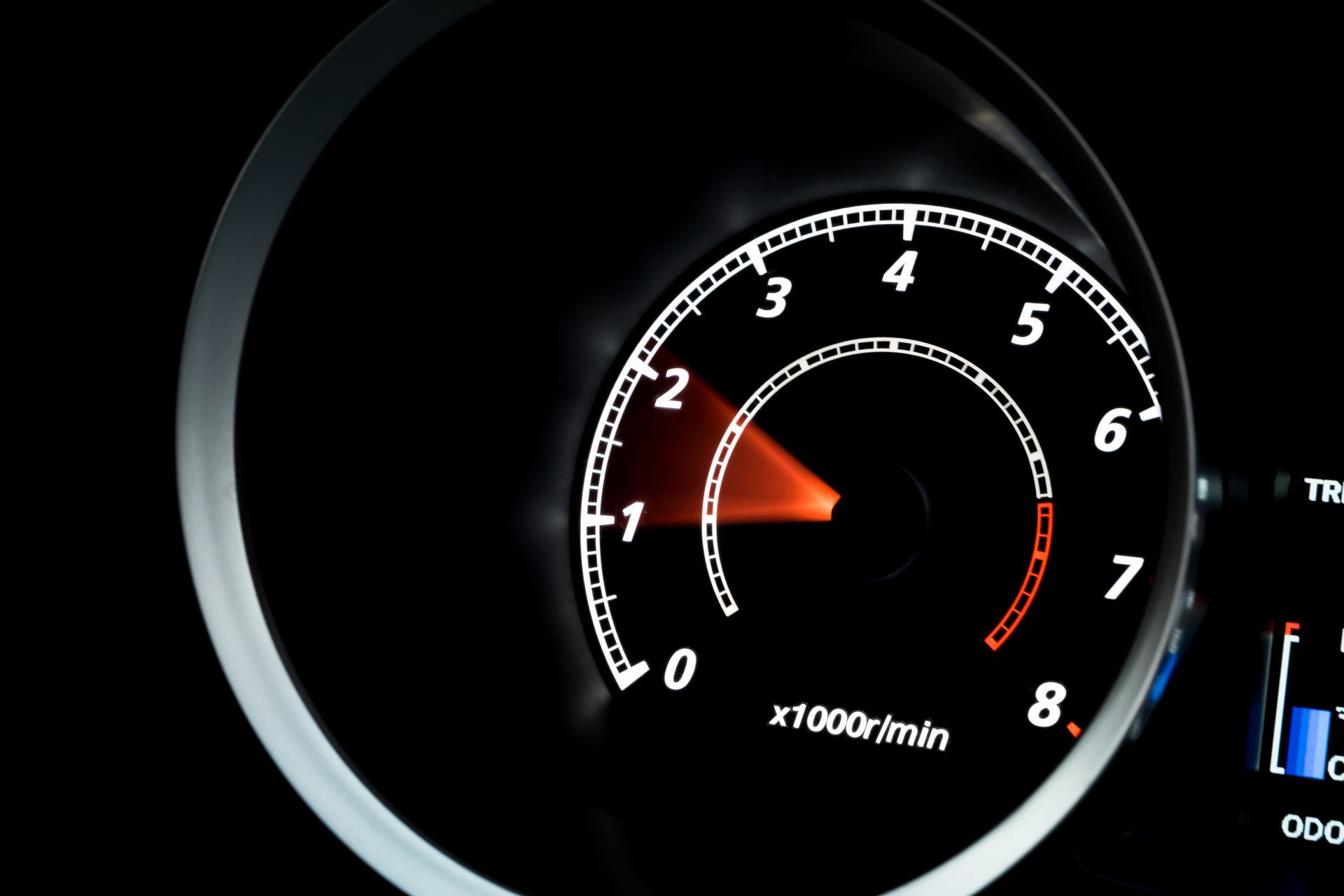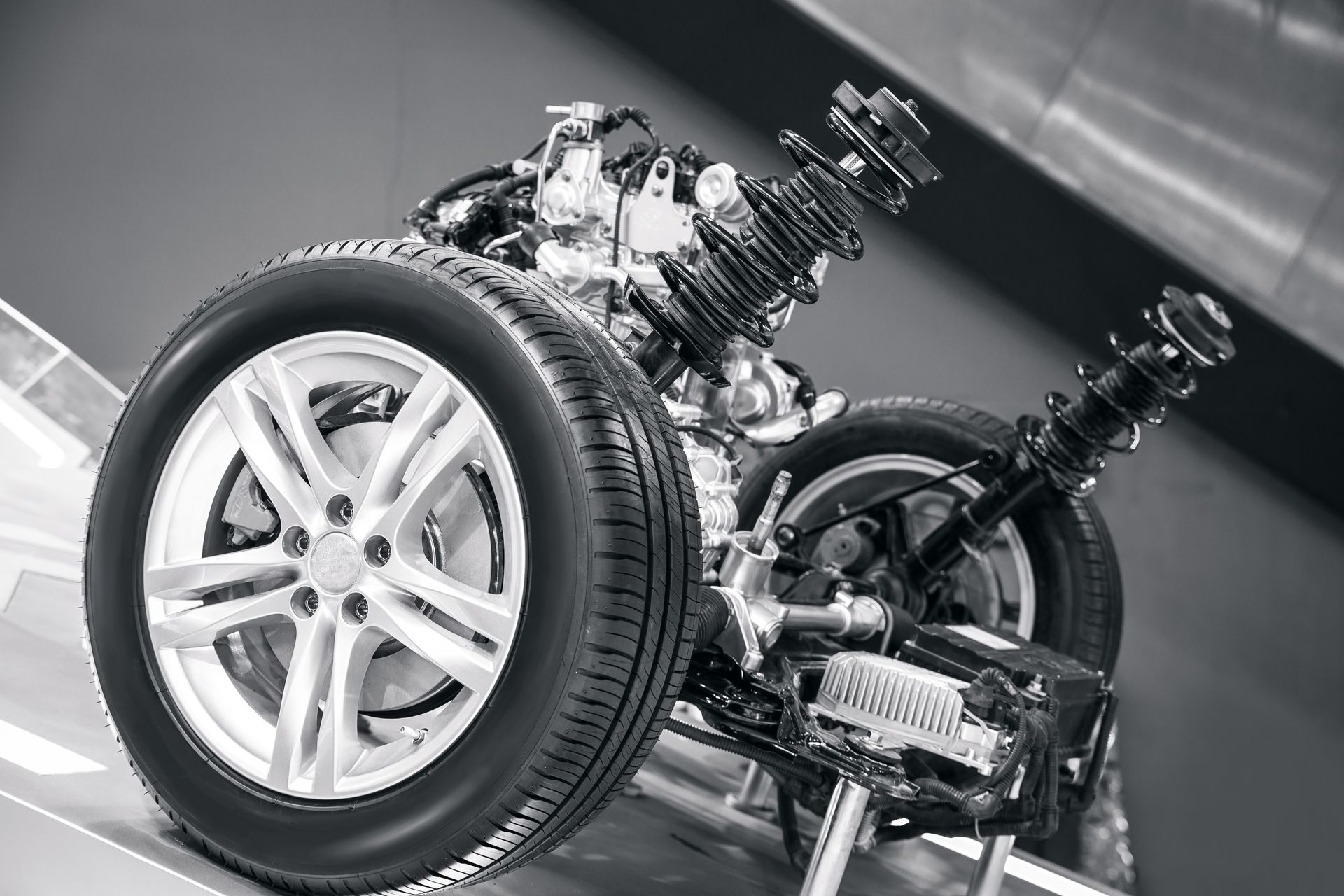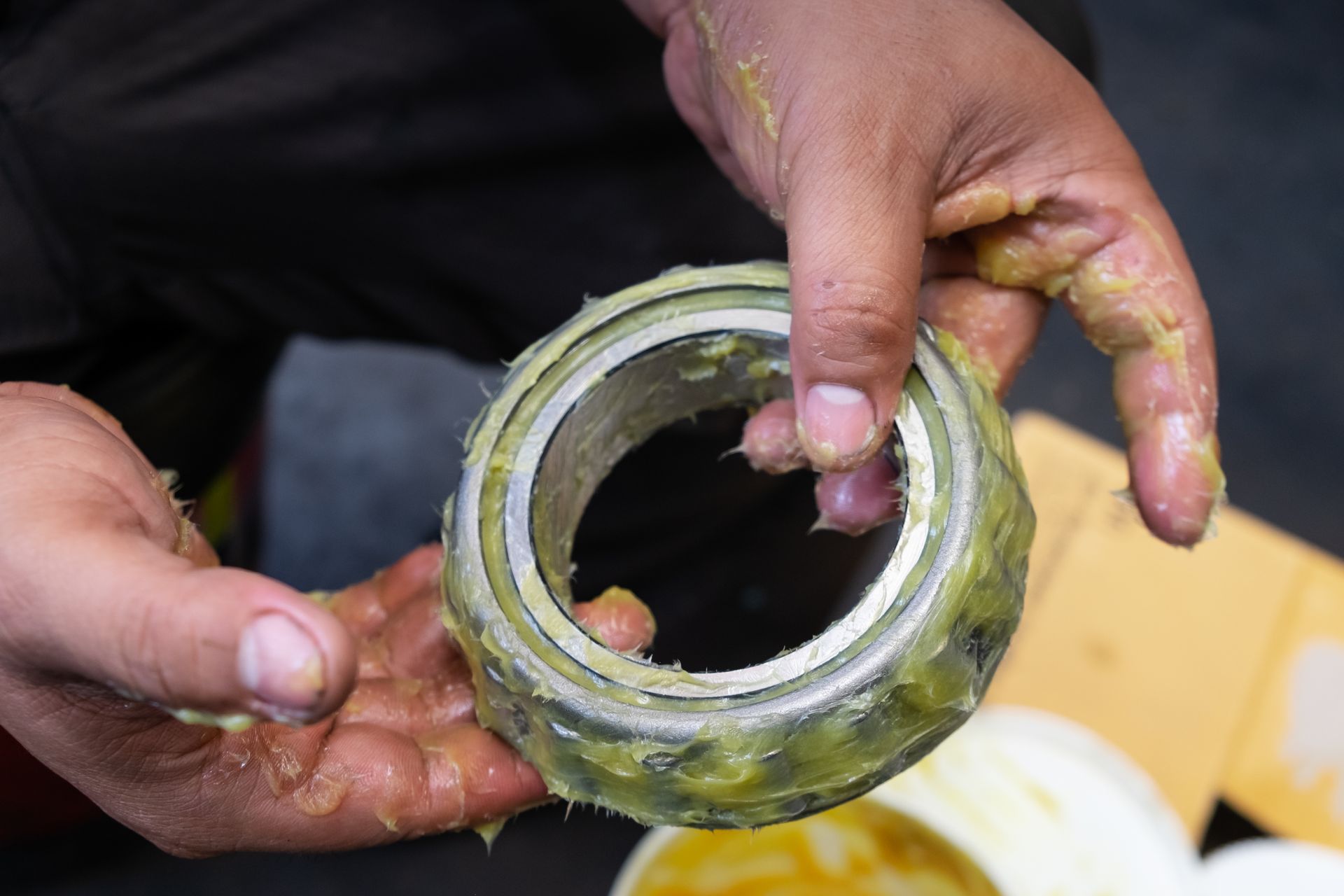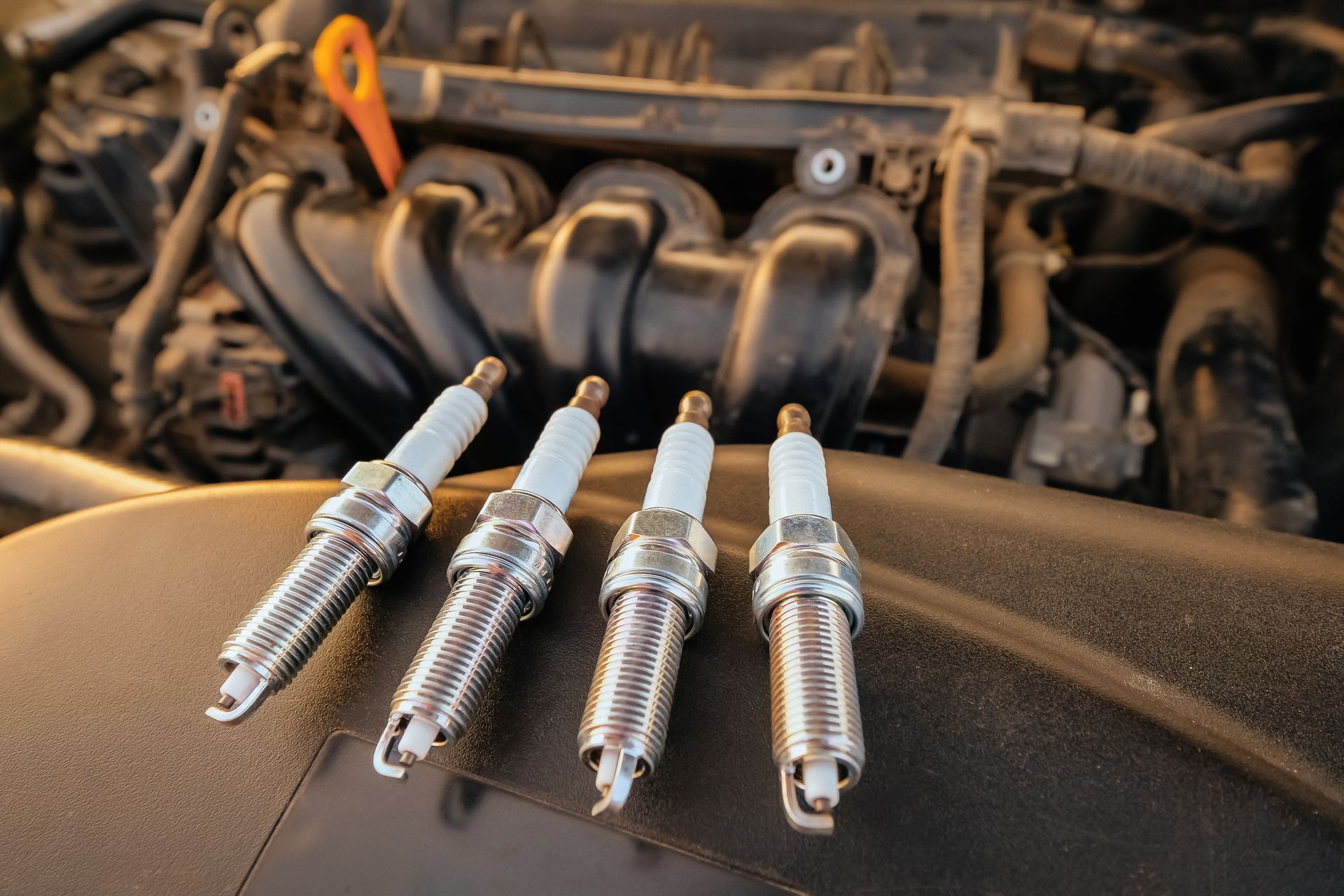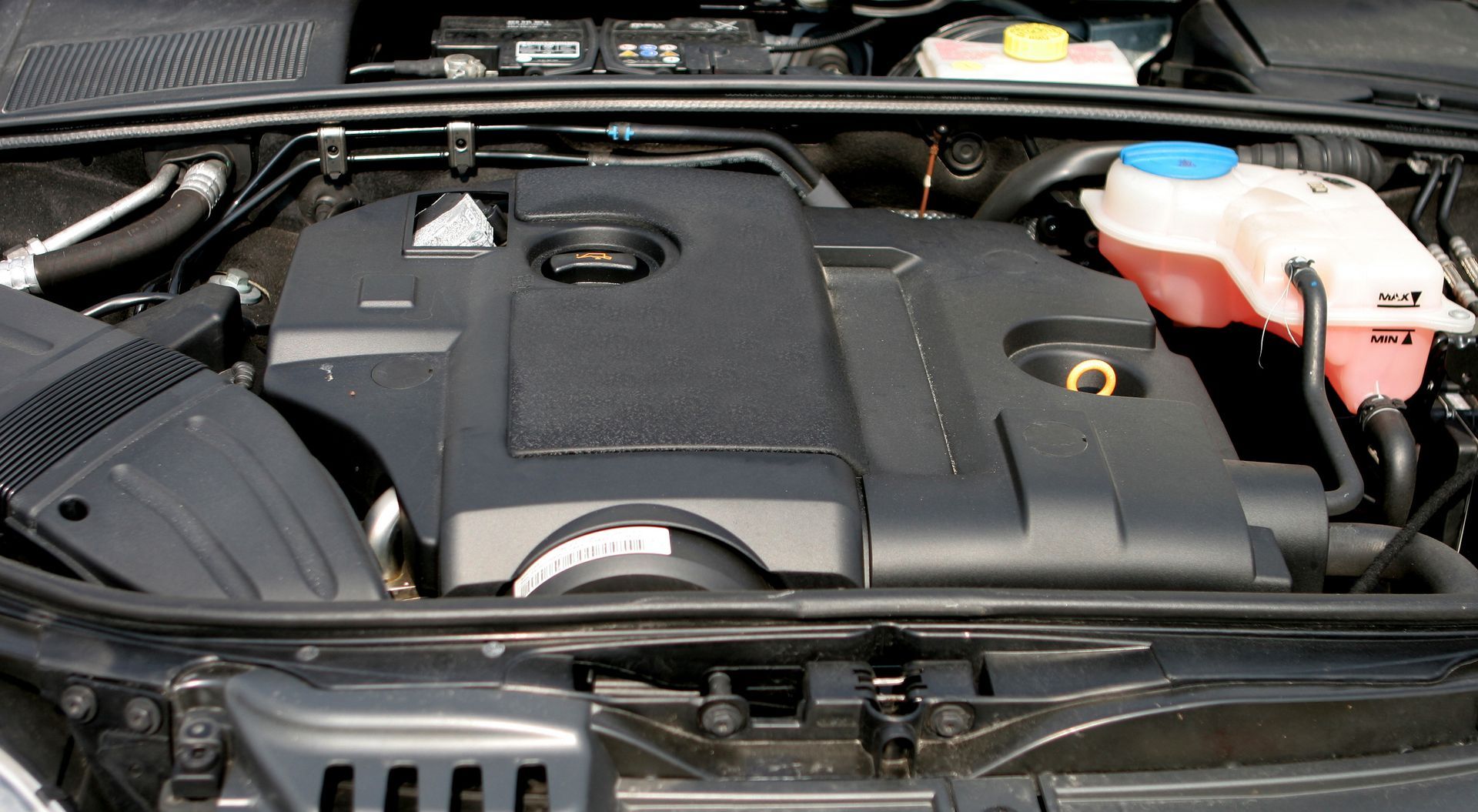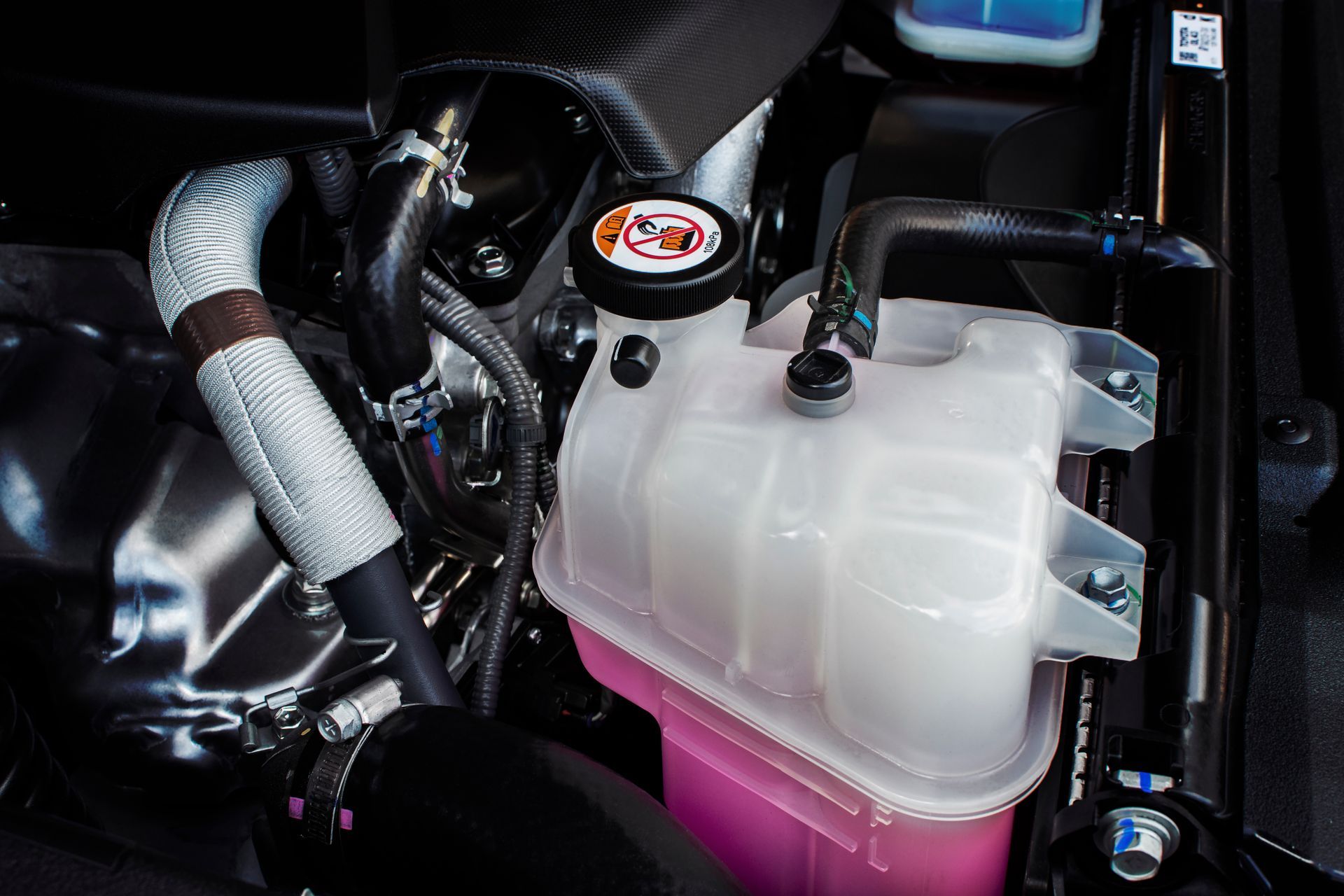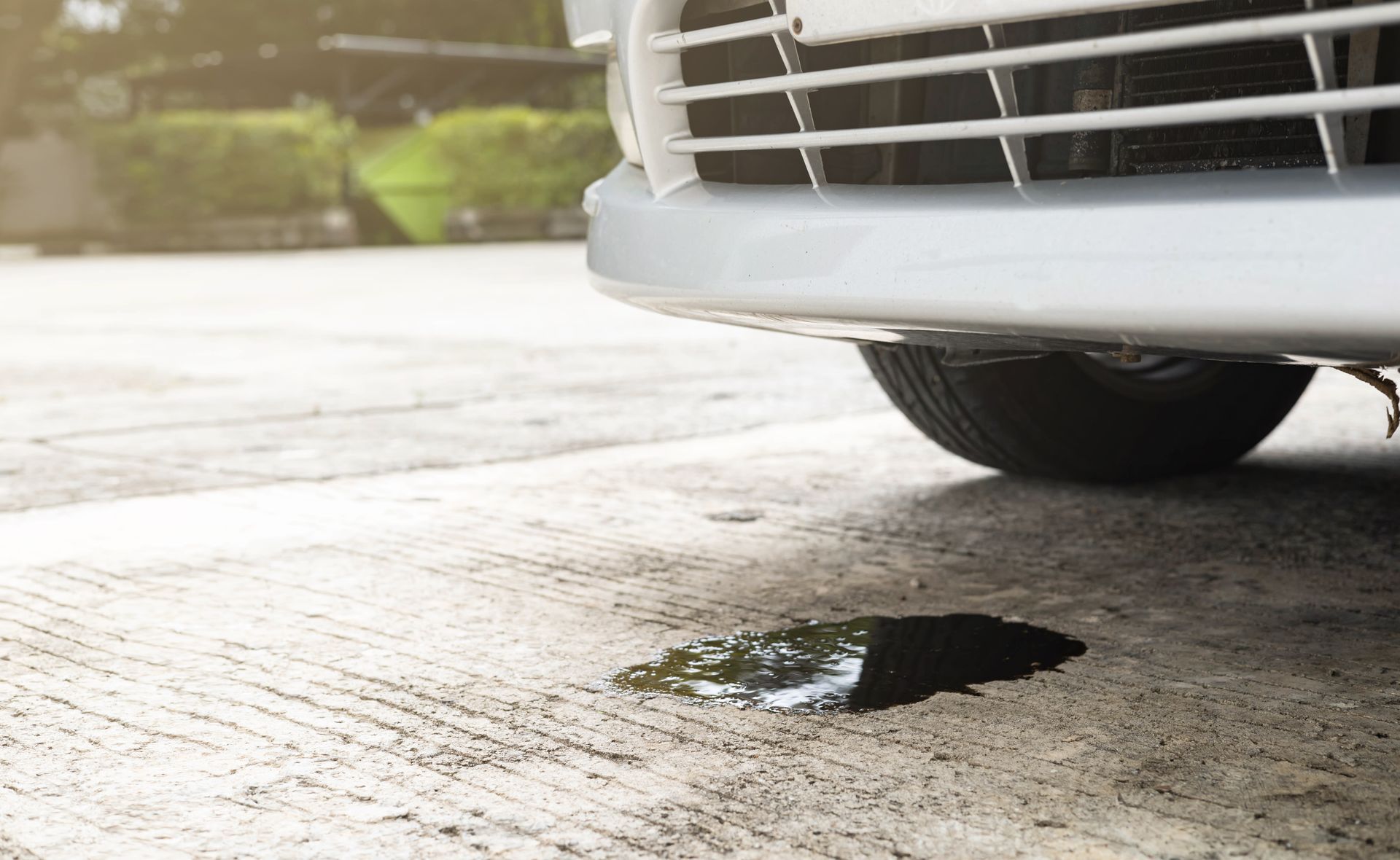Ever wondered why tire rotations are part of your car’s regular maintenance schedule? While they might seem like a small task, tire rotations play a huge role in ensuring your vehicle’s safety, performance, and longevity. Ignoring them can lead to uneven tire wear, reduced efficiency, and even costly replacements. So, what exactly do tire rotations do, and why are they so important?
Tire Rotations
A tire rotation involves moving your car’s tires from one position to another. Typically, the front tires are swapped with the rear ones, and sometimes, the tires are also shifted from left to right. This process ensures that all four tires wear out evenly over time.
Different positions on your car exert varying amounts of pressure on your tires. For instance, front tires often bear the brunt of steering and braking forces, causing them to wear faster than the rear ones. Without regular rotations, this uneven wear can compromise your tires’ lifespan and the overall handling of your vehicle.
Why Do Tires Wear Unevenly
Several factors contribute to uneven tire wear. The type of drivetrain your car has—whether front-wheel, rear-wheel, or all-wheel drive—affects how pressure is distributed across your tires. Additionally, driving habits, road conditions, and even the weight distribution of your vehicle can create differences in wear patterns.
For example, in front-wheel-drive cars, the front tires handle both steering and propulsion, making them wear out faster. In contrast, rear-wheel-drive vehicles tend to wear out the rear tires more quickly. Regular tire rotations help balance these differences, giving each tire a chance to carry varying loads.
Benefits of Regular Tire Rotations
Rotating your tires isn’t just about maximizing their lifespan—it impacts your car’s overall performance and safety too.
Improved Tire Longevity
When tires wear evenly, they last longer. Uneven wear can cause certain tires to reach the end of their usable life prematurely, forcing you to replace them sooner than necessary.
Enhanced Traction and Handling
Evenly worn tires provide better traction, which is especially crucial during sudden stops or turns. They also ensure your car handles predictably, giving you confidence on the road.
Cost Savings
Tires are a significant investment, and replacing them prematurely can strain your wallet. Regular rotations reduce the frequency of replacements and help you get the most out of your tire purchase.
Balanced Ride Comfort
Uneven tires can cause vibrations or an unbalanced ride, making your driving experience less enjoyable. Rotating your tires helps maintain a smooth and comfortable drive.
How Often Should You Rotate Your Tires
Most experts recommend rotating your tires every 5,000 to 7,500 miles, but this can vary depending on your vehicle and driving conditions. Always consult your vehicle’s owner’s manual for specific guidelines. If you notice uneven wear or handling issues, it’s a good idea to schedule a rotation sooner.
Living in Charlotte, NC, where city driving and varied road conditions can take a toll on your tires, sticking to a consistent rotation schedule is even more critical. With the right care, you can ensure your tires perform reliably no matter where the road takes you.
Can You Skip Tire Rotations
It might be tempting to skip tire rotations, especially if your tires look fine at a glance. However, ignoring this essential service can lead to more significant issues down the road. Unevenly worn tires can affect your car’s alignment, reduce fuel efficiency, and even increase the risk of a blowout.
Skipping rotations also voids some tire warranties, leaving you to foot the bill for replacements if something goes wrong. So, while it might feel like you’re saving time or money by skipping this step, the long-term costs far outweigh the short-term convenience.
Trust the Experts for Tire Rotations
While tire rotations might seem like a straightforward process, it’s best to leave them to professionals who can ensure they’re done correctly. During a rotation, a trained technician can also inspect your tires for damage, check air pressure, and look for signs of alignment or suspension issues. This comprehensive approach ensures your car stays in top shape.
Ready to extend the life of your tires? Contact
Gibbon Tire and Auto in Charlotte, NC, for expert tire rotations and inspections. Our team ensures your ride stays safe and smooth. Call us now!
